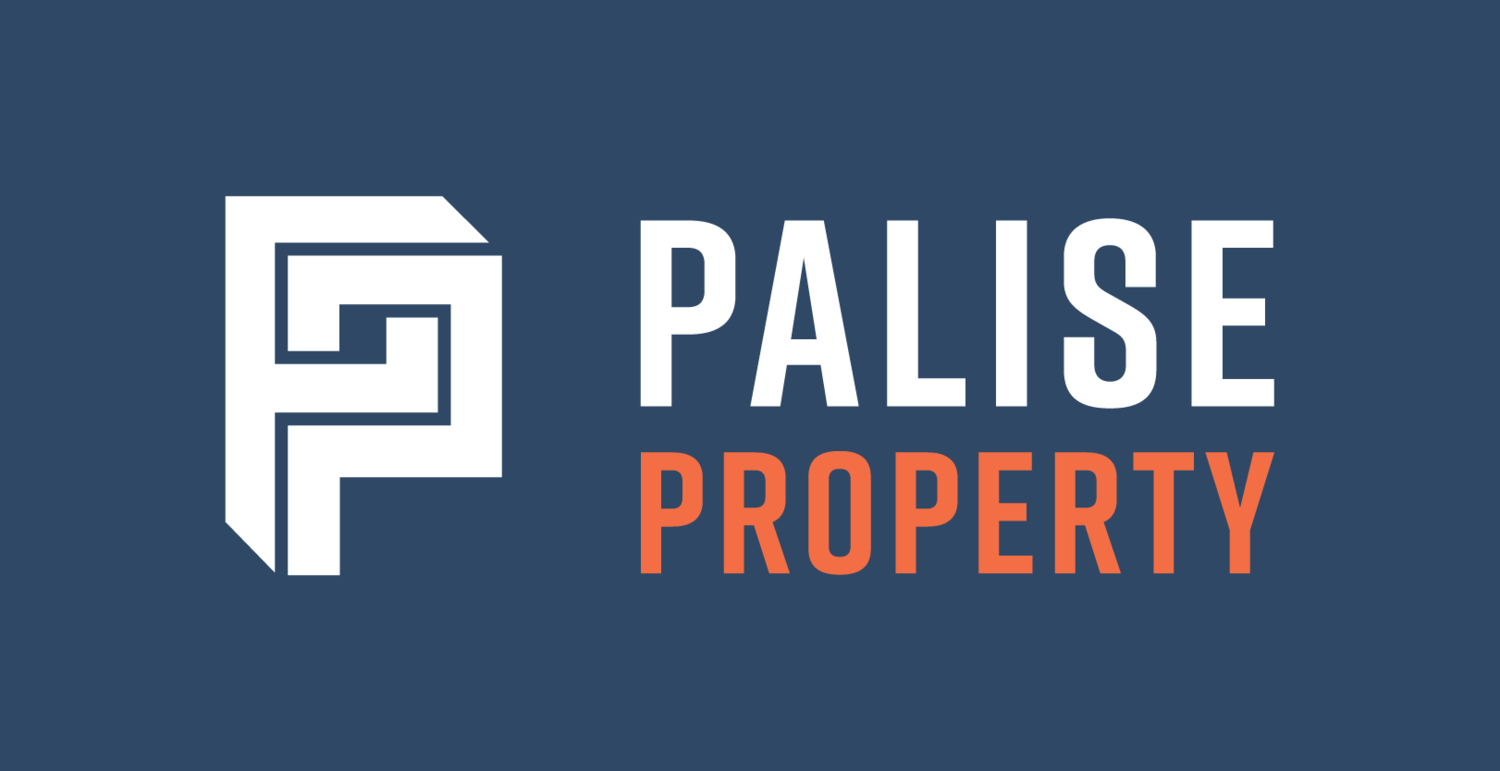Financing Your Commercial Investment
Finance is such an important piece of the commercial investing puzzle. Expanding your portfolio without a thorough understanding of it or obtaining advice from a qualified adviser with the appropriate expertise will be challenging.
Unlike residential properties, commercial properties require a third-party formal, in-depth valuation that considers many of the items in this due diligence checklist.
Lenders will normally lend on the lesser of the two between the valuation or purchase price figure, and some will use the contract of sale as a valuation as long as certain conditions are met.
In any case, when you’re looking to buy a commercial property, it’s best to think like a lender, as this will help with your forecasting, strategy, and value-adding possibilities to extract equity.
Lenders constantly change their criteria for lending but will always look favourably on a low-risk property that’s positively geared, meaning that you earn more from rent than your loan repayments.
Commercial lenders will look at the quality of the property and then your personal circumstances.
It’s important not to fear ‘good debt’, although you should be cautious about ‘bad debt’:
Bad debt is car loans, credit cards, home loans against owner-occupied properties (these can be a good investment, but they’re considered a liability for lending), and debt against depreciating liabilities.
Good debt is a debt against property, investments, collectables, or assets that appreciate.
You might obtain loans from banks, loan institutions, money partners, joint ventures, or family members. Much like negotiating a property price, it’s possible to negotiate loans.
There are typically three options when obtaining finance for a commercial property:
You could obtain finance from a lender with whom you have already done business.
You could investigate the mortgage market on your own.
You could engage a commercial broker to investigate the market for you.
1. Using an existing lender
Most people usually get financing from their current lender either out of trust or to avoid paperwork. But this is only advisable if the existing lender offers a competitive rate.
We recommend consulting a broker to compare rates and explore other options. They may even suggest negotiating for a lower rate with your current lender.
2. Investigating on your own
Investigating your finance options takes quite a bit of knowledge and time. You need to know each lender’s servicing criteria, fees, offers, and conditions, and you’ll normally need the details of a sample property or the one you’re buying to find out what each lender will offer. You must then submit applications with all the necessary documents and follow the transaction through.
3. Engaging a mortgage broker
Mortgage brokers will compare multiple lenders for you and find the most competitive rates and conditions. Obtaining a loan this way takes much less time and effort than investigating independently and ensures you know your various options.
Mortgage Brokers
A mortgage broker helps you navigate different loan options and features. They assess your loan eligibility, interest rates, fees, loan terms, and other criteria from multiple lenders.
Brokers typically consider over 20 lenders, a task most individuals don't have the time or expertise to do.
Since brokers are only paid when they successfully secure a loan for you, they are motivated to find the best deal. Once you have an offer, you can compare it to other offers online to make sure it's competitive.
When looking for a good broker, ask the questions below, consider their answers, check their references, and then make your choice.
Questions for mortgage brokers:
What are your qualifications?
How long have you been a broker?
How many commercial loans have you sourced?
How many lenders do you have access to?
What makes you choose one lender over another?
Do you have three recent clients you can provide as references?
Loan-To-Value Ratio
The loan-to-value ratio (LVR) represents what percentage of your own money (i.e., your deposit) is required for a property’s purchase price. This is another factor when selecting a lender.
As mentioned previously, commercial property loans require a larger deposit due to the higher risk associated with them, the longer periods of vacancy, and the time spent selling – typically, you’ll need at least a 30% deposit, meaning a 70% LVR.
So, if you were to buy a $1 million commercial property on a 70% LVR, you’d need to give the bank $300,000 to obtain the loan.
In addition to paying interest on the $700,000 debt, you’ll need capital for stamp duty, legal fees, building and pest inspections, and valuations. These can amount to roughly 5% of the purchase price.
You could find a lender that offers a lower interest rate but requires a 65% LVR. So you need to assess where your money is best spent and what your goals and requirements are. A larger LVR will usually enable you to borrow more and expand your portfolio quickly.
Key Takeaways
Financing your commercial investment doesn’t have to be a challenge if you understand the different methods and what lenders are looking for.
Always remember to research thoroughly, compare financing options, and make sure your investments align with your goals.
Think about the long-term implications of each financial decision so that you can strategise from the beginning with clarity and precision.
If you're unsure if the cash flow of your commercial property investment will be worth it, our Commercial Cashflow Interest Rate Stress Test Calculator will help you answer any doubts about your prospective commercial property investment.
But if you still feel uncertain or overwhelmed, don’t hesitate to check out our best-selling commercial property investing book or contact our team.
